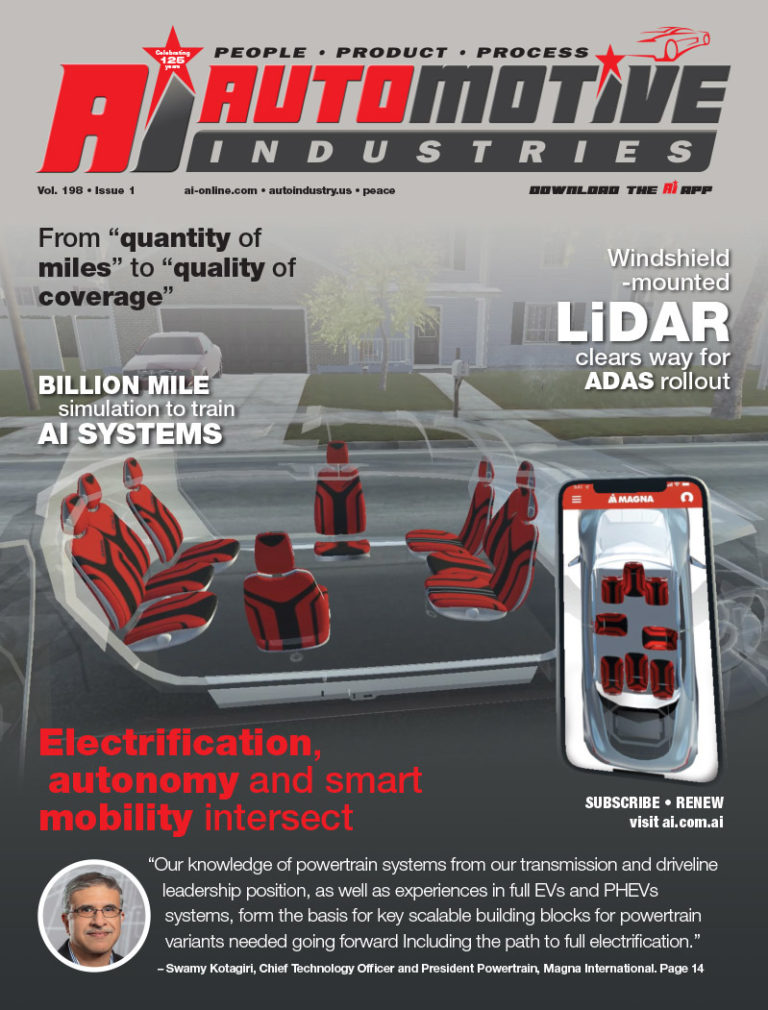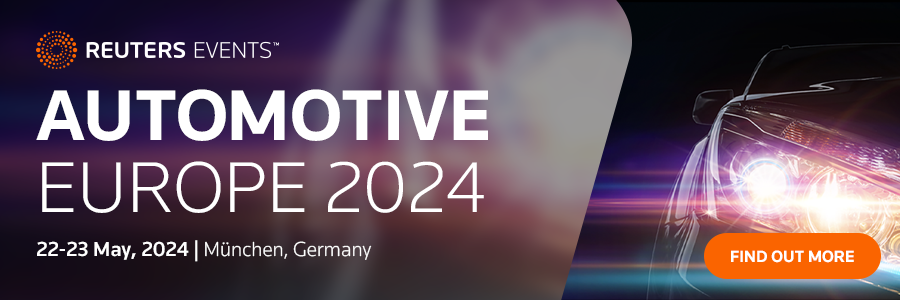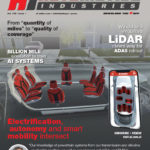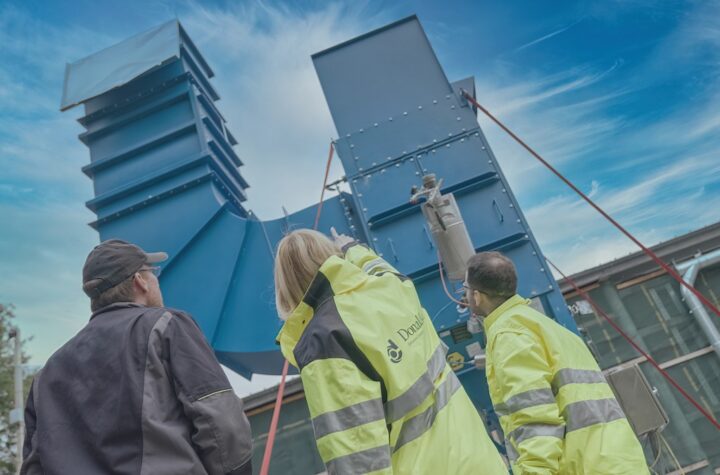Munich, Germany and luxury car culture are concepts so intertwined, it is difficult to imagine one without the other. With Munich as the capital of the Bavarian home of BMW and Audi, among many other automotive-sector leaders, it is not surprising to discover that Munich is also leading the way in innovating on electric car technology and is introducing consumer-ready electric cars to the market.
Munich: Electronic Mobility Pioneer
Designated as a 2009-2011 model region for electronic vehicles by the German government, Munich participated in a federal funding initiative promoting and supporting electromobility. Some of the programmes implemented as a part of the project included Munich public transport experimenting with hybrid buses, and most notably, automakers BMW and Audi launching fleet tests of their prototype BMW Mini E and Audi A1 e-tron vehicles.
The current BMW ActiveE is a demonstration electric car based on the BMW 1-series and the second after the Mini E to be developed under BMW’s Project i. BMW is set to launch its first electric car, the long-awaited i3 Megacity Vehicle in 2013.
The Audi project puts the carmaker into partnership with Munich’s municipal utility company Stadtwerke Muenchen (SWM) and the Technical University of Munich (TUM) who have worked together to launch 20 Audi A1 e-tron car models onto Munich’s roads. In addition to getting these electric cars on the road, the project also dealt with data transfer and smartphone interface technology to make the human-machine interface issues more seamless.
As a part of the infrastructure to support the scheme, E.ON and SWM have installed the charging stations required to keep the electric auto fleet up and running. (And the project would not be complete without ensuring that all electricity supplying the fleet came from renewable sources!) With the data gathered from the trials, the partners can make the case that it is not a matter of if electromobility is adopted but when – and Munich is at the forefront of the mass-market electromobility adoption efforts.
Munich’s Electronic, Environmentally Friendly Future
The follow-up to being named a model region consists of a German federal programme, Schaufenster Elektromobilitat (Electronic Vehicle Showcase) that has selected Bavaria and Saxony as two of four focus regions, which will receive 180 million EUR through 2015 for continued development efforts. Munich, meanwhile, will lead a project that aims to investigate and execute programmes for adding electric transport options into local enterprises’ vehicle fleets.
– Munich has extensive electric car infrastructure(charging stations): 60
public charging space in Munich; the municipal electricity supplier Stadtwerke
Muenchen (SWM) offers electric car users/owners an easy way to adopt and drive
electric vehicles without worry.
– Munich is an electronic car testing grounds: Munich’s Technical University of
Munich (TUM) has delivered the MUTE electric car prototype. MUTE is the test car for
the BMW-Daimler and TUM cooperative project Visio.M. MUTE aims to be a more affordable
EV auto without compromising safety, efficiency or comfort standards. TUM presented
their MUTE at the IAA international car exhibition in Frankfurt in 2011, sparking
tremendous interest.
– Munich is an R&D electromobility hub: Technical University of Munich (TUM),
Universitat der Bundeswehr: Faculty of Electrical Engineering and Information
Technology (EIT), Competency centre TUEV Sued on electric vehicles offer major
research and development efforts that keep Munich at the cutting edge of
electromobility innovations.
Munich’s Electric Car Revolution: The Marriage of High-Tech Auto and ICT
As illustrated, the development of this technology is not done in a vacuum – it is collaborative innovation at work. Auto and IT business/commercial concerns, R&D/university and public sector regulations (going “green”) lead to the revolutionary developments in auto engineering.
Munich has a bustling and diverse high-tech sector that addresses all the needs of auto-driven development. This includes information and communications specialities creating application-based technologies that contribute to the sophistication of auto development as a whole and in driving the coming electric car revolution. One of the major drivers of Munich’s success is its status as a hub for developing embedded systems that are at the heart of automotive development (as well as playing major roles in aerospace and medical engineering sectors). These systems range from ABS braking to airbag controls
– basically any computer system that is embedded to manage or control systems within a vehicle. These embedded systems will become ever-more important as cars become more sophisticated and automated. Munich is well-placed as a leader in embedded ICT systems.
The Future of Driving: Munich Leads the Way
With the cooperative partnerships and solid government support for sustainable transportation, Munich is creating the future of driving. Munich will make its mark globally, just as it has done with traditional combustion engine automobiles.
Munich will play host to the fourth international fair for electric and hybrid mobility with eCarTec Munich 2012. From October 23-25 at the Munich Trade Fair Centre, eCarTec Munich 2012 will cover all the major electromobility issues, from electric vehicles to energy storage to “connected car” technology to a test area for “eCarLiveDrive”. Essentially, the event will be a showcase for the entire electromobility value chain, and Munich is the ideal and natural host.
Visit locations4business to learn more about investing in Munich and Munich’s groundbreaking electromobility future:
http://www.locations4business.com/europe/germany/bavaria–bayern-/munich-munchen/munich-city-department-for-work-and-business














































 General Dynamics Awarded $133 Million to Upgrade 66 Additional LAV III Vehicles by Canadian Govt.
General Dynamics Awarded $133 Million to Upgrade 66 Additional LAV III Vehicles by Canadian Govt.


